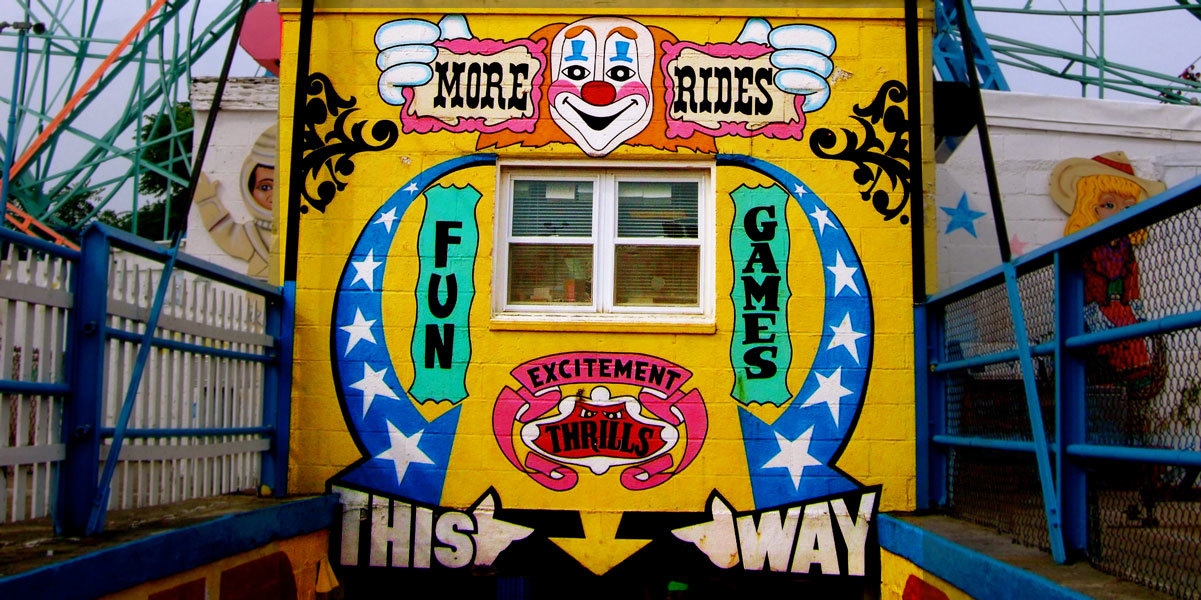Springsteen: Deliver Me From Nowhere, filmmaker Scott Cooper’s adaptation of Warren Zanes’ eponymous nonfiction book about the making of Bruce Springsteen’s album Nebraska, is pretty conventional. But there’s an odd moment near the end that Linda Holmes, Stephen Thompson and I did not discuss on our Pop Culture Happy Hour episode about the movie. While nothing in this barely-fictionalized account of a well-documented chapter in the life of one of the famous musicians in history could be called a spoiler, this is one of the few interpretive choices Cooper makes that’s all surprising or intriguing, so reader beware.
The scene is a coda to the film, following a title card that reads “Ten Months Later,” which I inferred meant that this post-concert scene was set on the opening night of the Born in the U.S.A. tour in June 1984. Springsteen’s father Doug (an underused Stephen Graham) is waiting in The Boss’s dressing room, and he invites his son to sit on his knee. Among his other gentle protests, Jeremy Allen White’s Springsteen says, I’m 32 years old, Pop. But Bruce Joseph Douglas Springsteen (b. Sept. 23, 1949) was 34 when that tour began. I’ve probably misstated my age at some point in my life, but I can’t imagine that film as rigidly researched as this one, derived from an excellent nonfiction book and with its subject a frequent presence on the set, could miss a detail like that. I don’t think it’s an error. As I was watching the movie I thought it might be a clue that this a dream sequence. I went back and checked Springsteen’s memoir Born to Run to see if he made any mention of an odd occurrence like this happening on the beginning of the biggest tour of his career. He did not.
If my voice sounds a little odd on the episode, that’d be because I accidentally recorded myself via my crappy computer microphone instead of my Shure SM7B, a professional mic used by, among others, Marc Maron, who has a small role in the film as studio engineer Chuck Plotkin, whose name will be familiar to you if you’ve pored over 30-plus years of Springsteen liner notes as obsessively as I have. It’s only fitting that I encountered a rare recording-quality problem on the episode where we discuss the making of Bruce’s perfectly imperfect 1982 outlier LP Nebraska.
Meanwhile, my City Paper review of the film — where I go on a bit without getting into the weeds about exactly how old the now-76-year-old Springsteen was when — is here.














